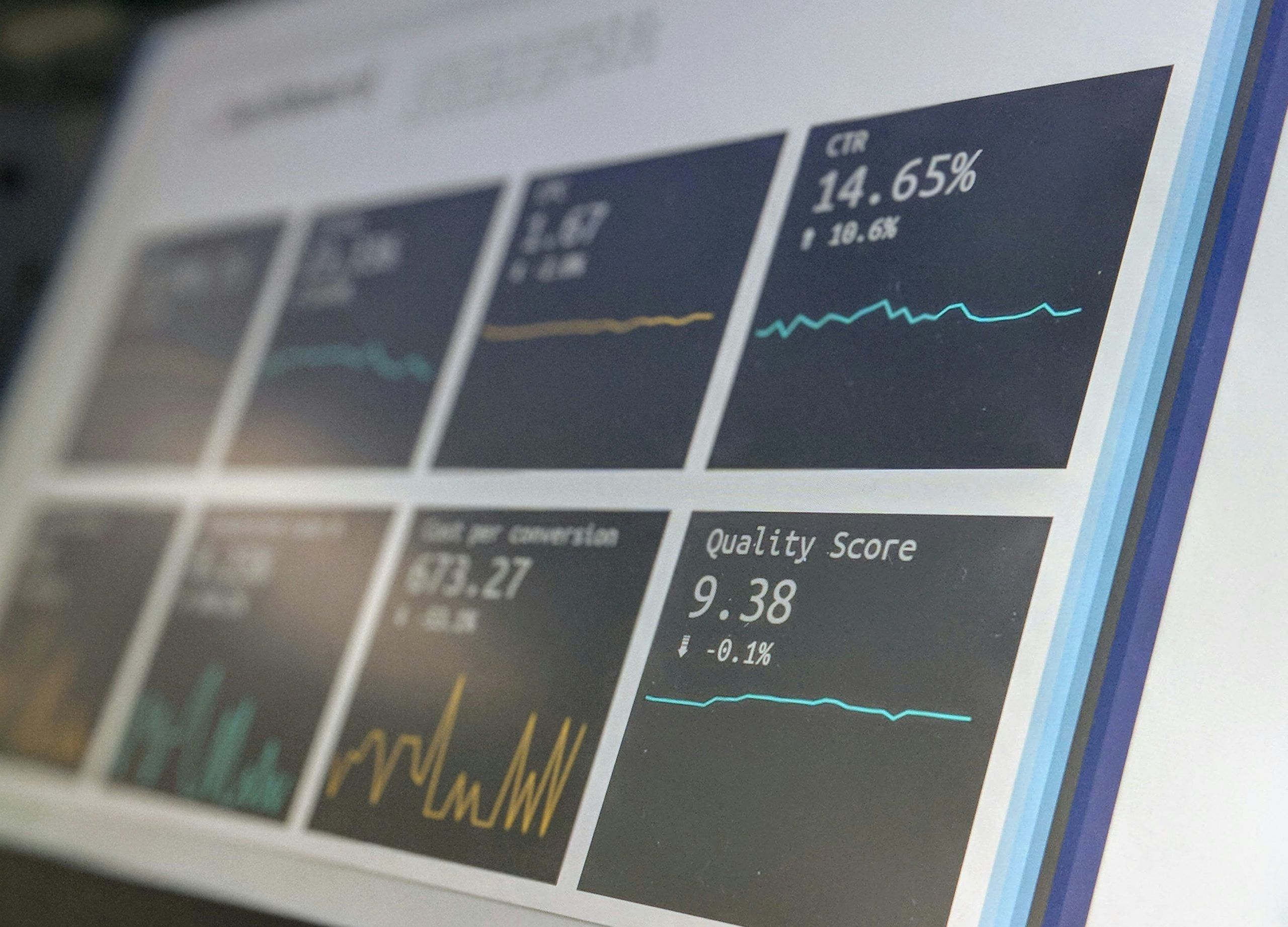Today, Systematic Investment Plans (SIPs) have emerged as a favoured investment option. SIPs enable investors to consistently invest small amounts in mutual funds, making it easier to build a substantial corpus over time. With the advantage of compounding and rupee cost averaging, SIPs are an ideal choice for both novice and seasoned investors. However, selecting the best SIP can be challenging due to the wide range of available options.
Finding the best SIP to invest in requires a well-researched approach, considering various factors such as risk appetite, investment horizon, and financial goals. This guide provides expert tips to help navigate the selection process and identify the most suitable Systematic Investment Plans for investment.

Tips on Finding the Best SIP to Invest
Assessing Financial Goals and Risk Appetite
- Define Financial Goals
Before selecting the best SIP to invest in, it is crucial to clearly define financial goals. Whether it’s saving for retirement, a child’s education, or buying a home, having specific goals helps in choosing the suitable mutual funding scheme that aligns with the investment horizon and risk tolerance.
- Evaluate Risk Appetite
Different mutual investments carry varying levels of risk. It is essential to assess one’s risk appetite before investing. Conservative investors may prefer debt or balanced funds, while those with a higher risk tolerance might opt for equity funds. Understanding risk tolerance helps in selecting a fund that matches the investor’s comfort level.
Researching Fund Performance
- Analyse Past Performance
While past performance does not guarantee future returns, it provides insights into how a fund has managed various market cycles. Investors should examine the fund’s performance across various time periods like 1 year, 3 years, and 5 years, to gain a comprehensive perspective.
- Check the Fund Manager’s Track Record
The expertise of the fund manager significantly influences the performance of a mutual fund. Investors should research the fund manager’s track record, experience, and management style. A consistent and experienced fund manager can be a good indicator of the fund’s potential success.
Diversification and Asset Allocation
- Importance of Diversification
Diversification is a key principle in investing, involving the distribution of investments across several asset classes and sectors to minimise risk. A well-diversified mutual fund can provide stability and help mitigate the impact of market volatility.
- Optimal Asset Allocation
Asset allocation involves distributing investments across various asset classes, such as equities, debt, and gold. An optimal asset allocation strategy aligns with the investor’s risk profile and financial goals. For example, younger investors with a longer investment horizon might allocate more towards equities, while older investors may favour a higher allocation to debt instruments.
Monitoring and Reviewing Investments
- Regular Monitoring
Investing in SIPs requires regular monitoring to ensure that the chosen funds continue to align with financial goals. Investors should review the performance of their Systematic Investment Plans periodically and make adjustments if necessary.
- Rebalancing the Portfolio
Rebalancing entails adjusting the portfolio to ensure it maintains the desired asset allocation. Market movements can cause the allocation to drift from the original plan. Regular rebalancing helps in staying on track with funding objectives.

Utilising Financial Tools and Resources
- SIP Calculators
These calculators are essential tools that assist investors in estimating the future value of their investments by considering the invested amount, investment duration, and expected rate of return. These calculators provide a clear picture of the potential growth of fundings.
- Research Reports and Ratings
Utilising research reports and ratings from reputable sources can offer valuable information about the performance and stability of mutual funds. These resources provide in-depth analysis and expert opinions, aiding investors in making informed decisions.
By following these expert tips, investors can identify the best SIP to invest in and work towards achieving their long-term financial objectives. Investing in the most suitable Systematic Investment Plans necessitates thorough consideration of several factors, such as financial goals, risk appetite, fund performance, diversification, and funding firm reliability. Utilising financial tools and staying informed about market trends can further aid in making sound funding decisions.

